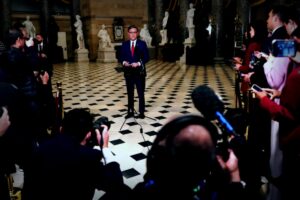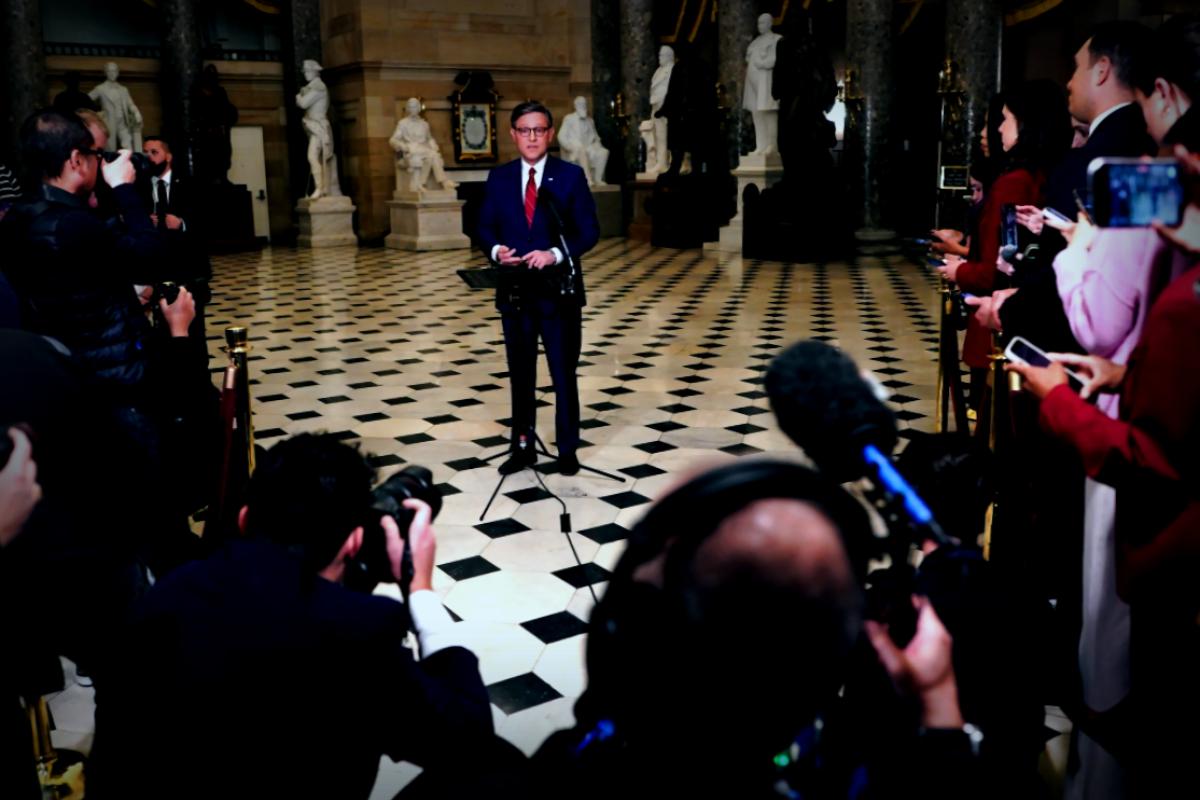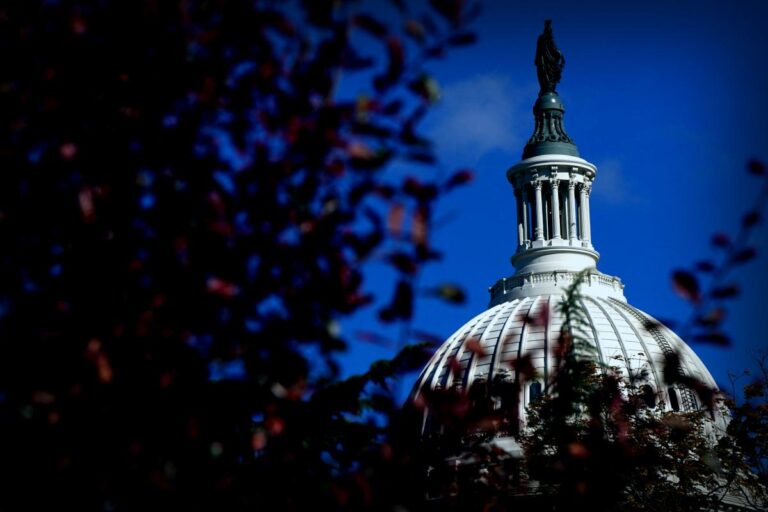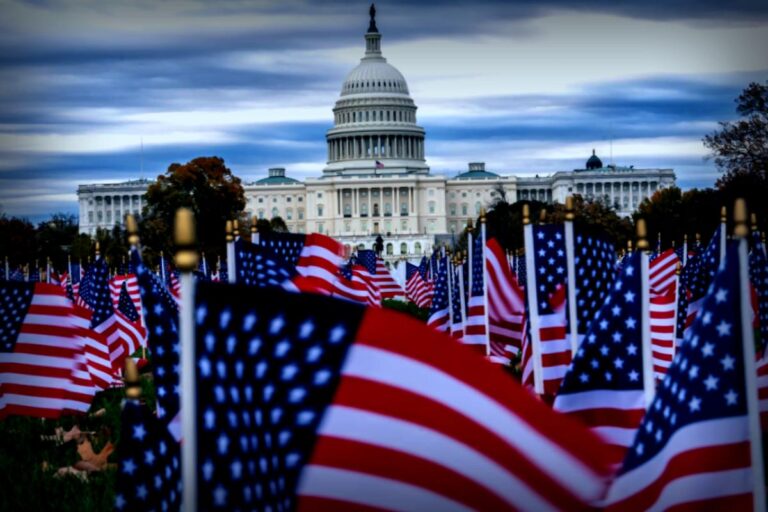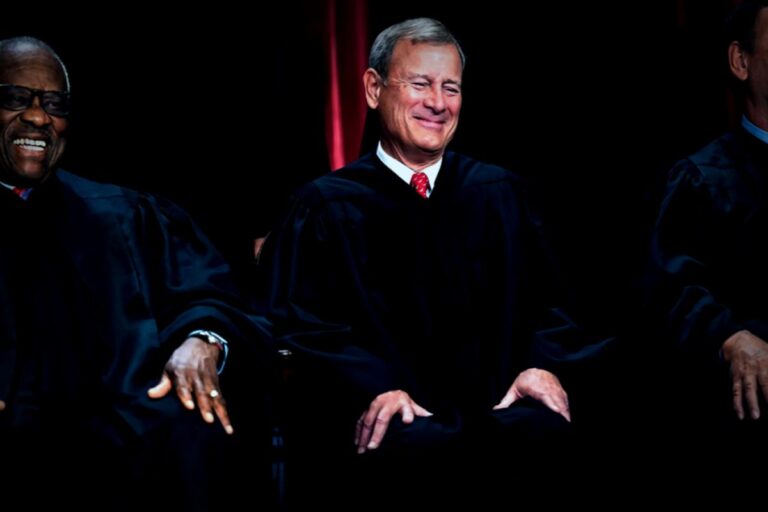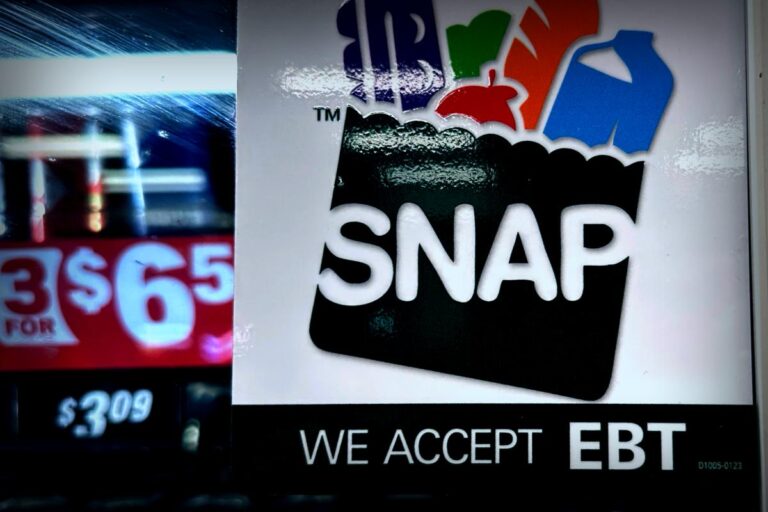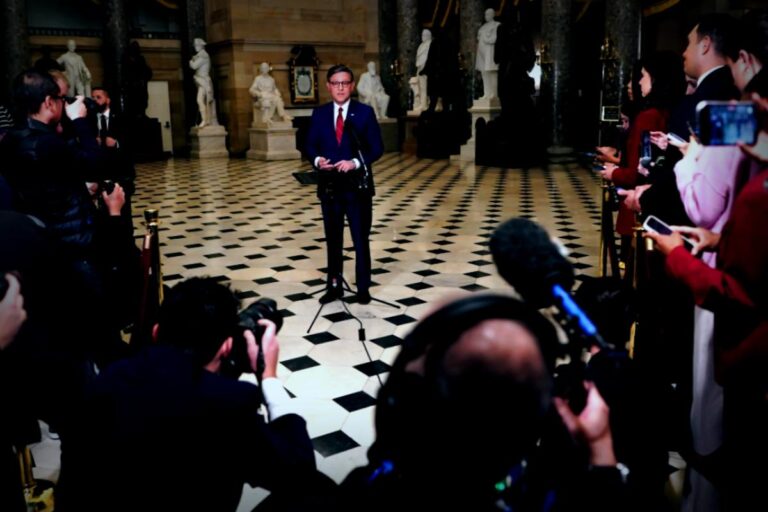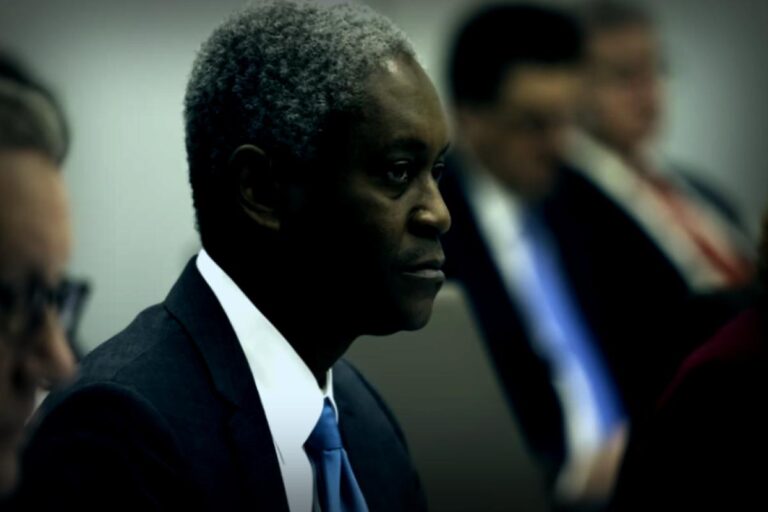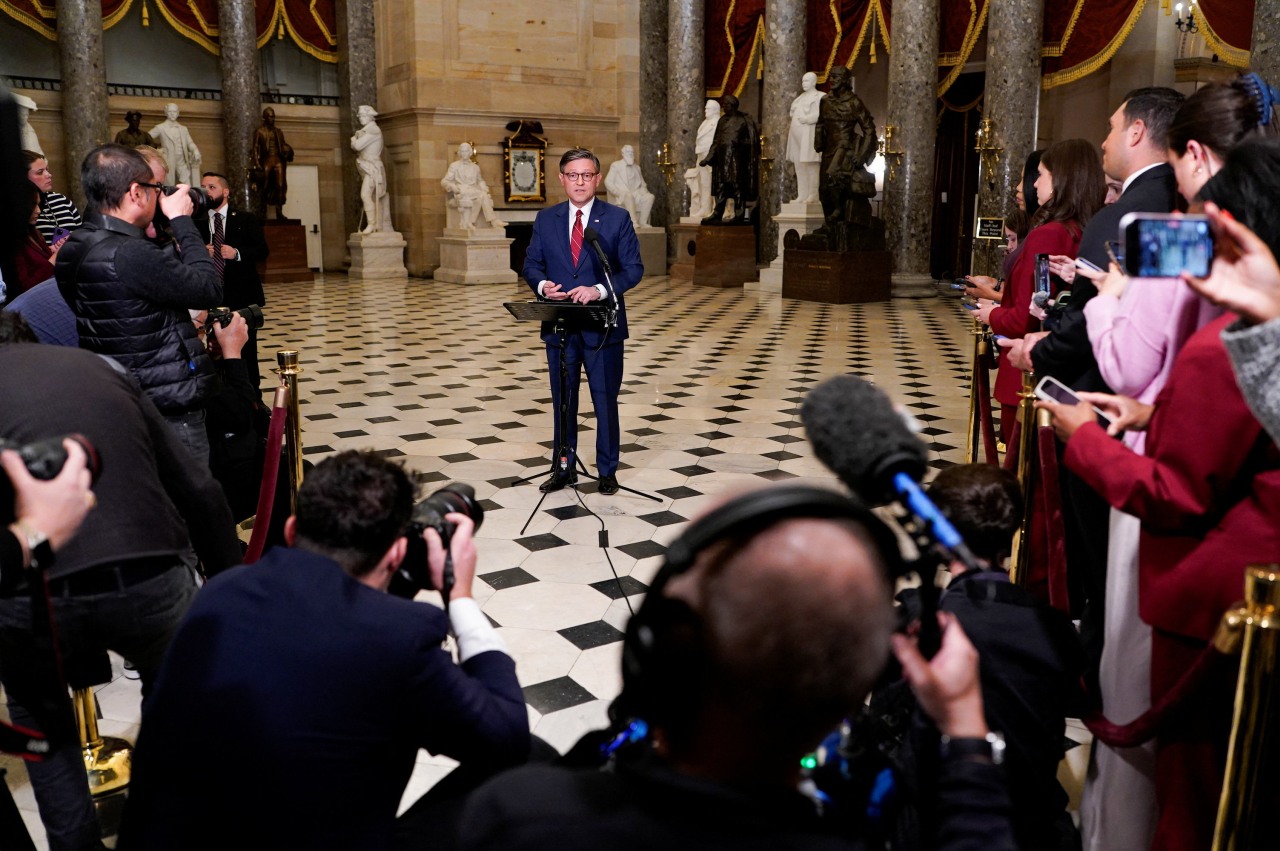
In a decisive move late Wednesday, the House of Representatives, led by Republicans, passed a spending bill aimed at reopening the government, effectively putting an end to a record 43-day shutdown. The bill is now off to President Trump’s desk for his signature.
The final vote tallied 222 in favor and 209 against, in largely partisan lines, underscoring the division in Congress.
This spending package will fund government operations until January 30 and outlines full-year financing for critical areas such as the Agriculture Department and military construction. Additionally, it assures a halt to federal layoffs that were initiated during the shutdown, signaling an effort to pressure Democrats.
With the resolution of the deadlock, federal employees like air traffic controllers will see their paychecks resume, and many furloughed government workers will return to their jobs. However, a major political debate looms later in the year regarding the expiration of significant healthcare subsidies that countless households rely on.
Notably, during this vote, more Democrats allowed themselves to side with Republicans compared to the last vote nearly two months prior. This time, six Democratic representatives backed the proposal, including known names like Rep. Jared Golden from Maine and Henry Cuellar from Texas.
While most Republicans supported the bill, two notable exceptions were Kentucky’s Thomas Massie and Florida’s Greg Steube, who voted against it.
President Trump was anticipated to sign the legislation later that same evening.
Senate’s Role Before House Voting
House passage followed swiftly after Senate approval just two days prior. A group of senators affiliated with the Democrats broke ranks to push the package forward on Sunday night, overcoming growing concerns regarding the shutdown’s ramifications on low-income families and air travel.
The Senate gave the bill a nod with a vote of 60-40 on Monday night. Following this, House Speaker Mike Johnson reconvened lawmakers, having kept the House out of session since mid-September to apply pressure on Democrats. After the vote, Johnson characterized the shutdown as “utterly pointless and foolish,” attributing the hardships to Democratic maneuvers.
Democrat concerns have revolved around the need to extend Affordable Care Act subsidies in order to keep healthcare accessible. Some Republicans acknowledge this need, given that over 20 million Americans are at risk of significant premium hikes.
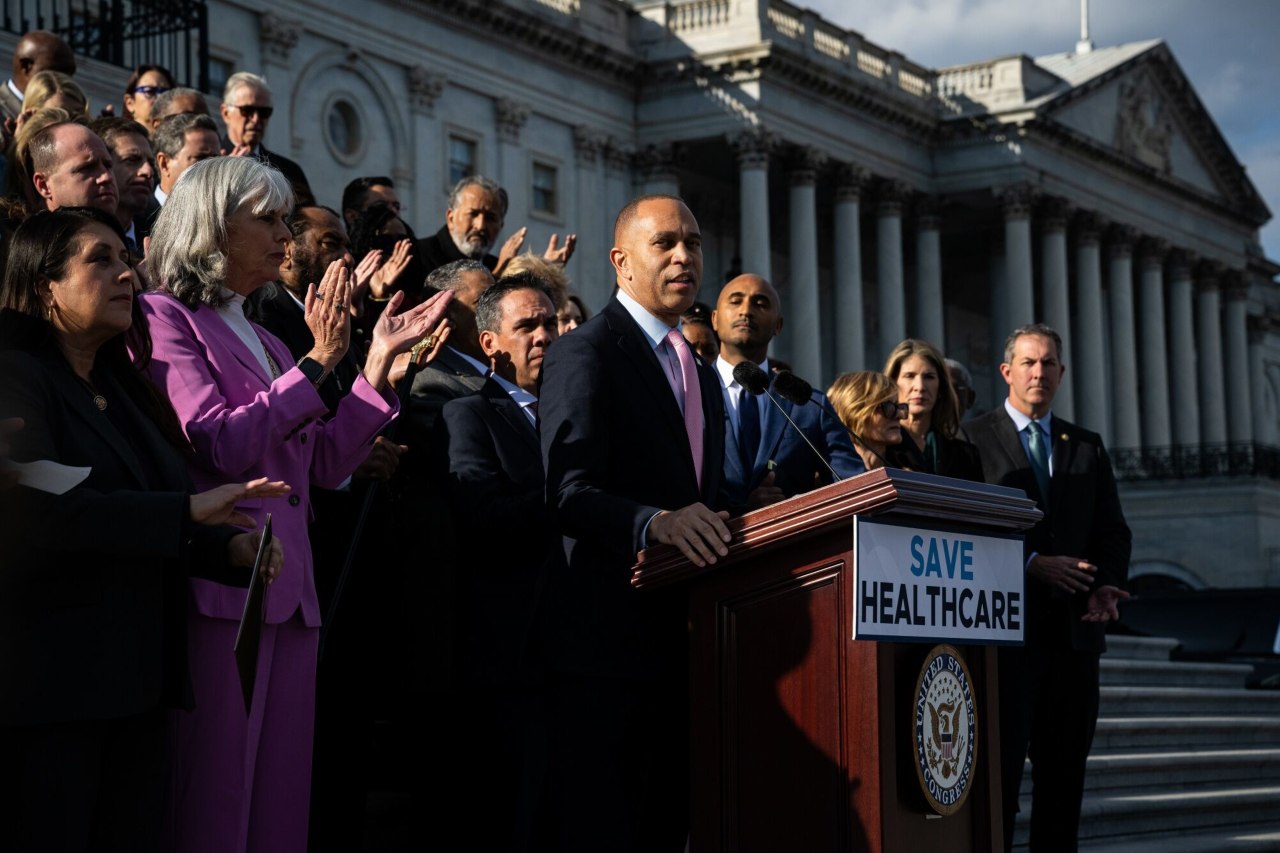
House Minority Leader Hakeem Jeffries reiterated the Democrats’ pledge to push for expanded ACA subsidies—passed in 2021 as a pandemic measure—by proposing new legislation intended to last three additional years. Jeffries urged Republicans to align with them on healthcare decisions and accused them of bowing to Trump’s political influence.
White House Press Secretary Karoline Leavitt mentioned that the government reopening was a welcome development, but stressed that the damage inflicted by Democrats during the standoff ought to be acknowledged. She indicated that Trump is prepared to put forth his own healthcare proposals, referring to concepts related to federally funded health accounts.
While Democrats struggled to gain concessions during the shutdown, it led to renewed internal tensions within the party. This came after some unexpected wins in recent elections, exacerbating critiques of Senate Minority Leader Chuck Schumer for not maintaining tighter party cohesiveness.
Solidarity Among GOP During Voting
The GOP largely presented a united front throughout the legislative battle. Supporters like the House Freedom Caucus considered the bill a forte achievement, framed as a big win for conservative values. Even Rep. Victoria Spartz, who previously voted against an earlier stopgap measure, whole-heartedly supported this bill.
As the legislation approached its passage, concerns arose about a particular provision that could allow certain Republican senators to obtain sizable damages if their phone records were accessed unlawfully during investigations—perceived as a measure favoring specific individuals embroiled in inquiries tied to Trump’s got of the 2020 elections.
Both sides of the aisle criticized this aspect, but many Republicans warned against letting such controversies stall government operations and plan to pursue its revocation in a subsequent policy debate.
The shutdown commenced on October 1, impacting federal employment significantly and edging million more households’ vital financial resources. A bipartisan report in 2019 illustrated that shutdowns cost the government an extra $300 million through administrative backlogs and late fees.
The resolution of this funding setback will no doubt puncture some strain on the economy, introducing some level of disruption to federal operations and payment schemes for furloughed employees refusing work pauses.
Gregory Daco, the chief economist at EY encapsulated this point, categorizing the shutdown impact as an escalating annoyance towards the economy.
Reach out to Katy Stech Ferek at katy.stech@wsj.com, Olivia Beavers at Olivia.Beavers@wsj.com, and Richard Rubin at richard.rubin@wsj.com


